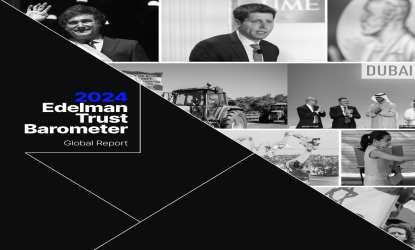Mumbai, 1 September, 2025 – Edelman India today announced the launch of GCC Advisory Services, a comprehensive advisory and communications offering to support Global Capability Centers (GCCs) as they establish and expand in India as innovation-led, strategic hubs for global companies. This offering is designed to help GCCs create a clear differentiation that can strengthen their India position among talent and stakeholders, whether they are looking to set up or already have a base in India.
Edelman’s GCC Advisory Services address three key imperatives, including brand building to attract talent in a highly competitive market, shaping internal narratives that unite global values with local ambition, and crafting their ‘made in India for the world’ innovation story to build reputation among various stakeholders.
“GCCs in India are shaping innovation agendas, driving digital transformation, and influencing how global businesses are building skills to power growth”, said Bhavna Jagtiani, CEO of Edelman India. “Over the last year, our team of specialists have been advising GCCs across sectors — from fintech and biotech to energy and retail. Through our full suite of our cross-functional expertise, we are able to lead these centers in building brand reputation in a dynamic environment, attracting talent, and telling their story focused on innovation and growth.”
Edelman’s GCC Advisory Services integrates data and insights-driven strategy with strong execution across perception audits, narrative development, talent branding, executive visibility, and stakeholder engagement. These services are designed to help GCCs create a strong value proposition and employer brand in India, as well as build credibility and relationships across internal and external ecosystems. The offering leverages communications tools to create multiple touchpoints to ultimately help them transition from being operational hubs to strategic drivers of innovation and leadership.
You can learn more about the new offering here.







